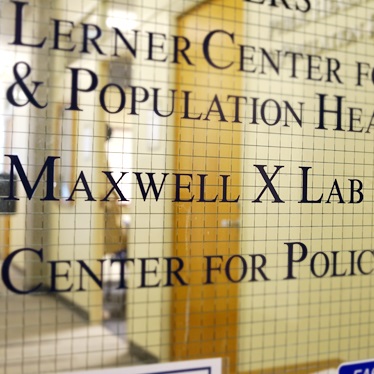Electoral Democracy and Working-Age Mortality
Jennifer Karas Montez, Kent Jason Cheng, Jacob M. Grumbach
Milbank Quarterly, May 2023
Policy Points
- The erosion of electoral democracy in the United States in recent decades may have contributed to the high and rising working-age mortality rates, which predate the COVID-19 pandemic.
- Eroding electoral democracy in a U.S. state was associated with higher working-age mortality from homicide, suicide, and especially from drug poisoning and infectious disease.
- State and federal efforts to strengthen electoral democracy, such as banning partisan gerrymandering, improving voter enfranchisement, and reforming campaign finance laws, could potentially avert thousands of deaths each year among working-age adults.
Context
Working-age mortality rates are high and rising in the United States, an alarming fact that predates the COVID-19 pandemic. Although several reasons for the high and rising rates have been hypothesized, the potential role of democratic erosion has been overlooked. This study examined the association between electoral democracy and working-age mortality and assessed how economic, behavioral, and social factors may have contributed to it.
Related News
Commentary

Mar 7, 2025
School News

Mar 7, 2025



